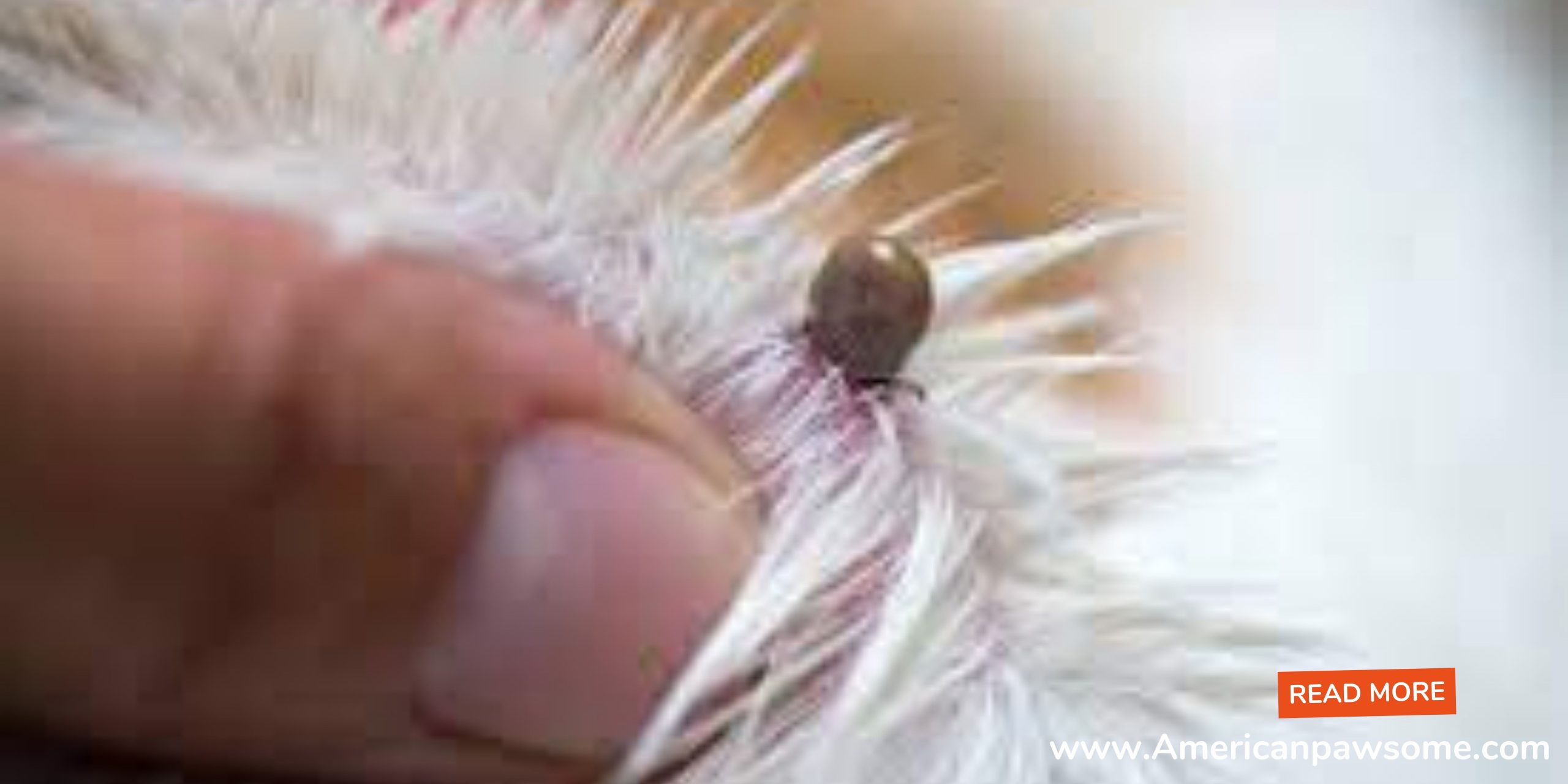Hey there, fellow pet parent! You know, taking care of our four-legged buddies is a whole adventure in itself. We all want to give them the best, but sometimes there are these sneaky things called parasites that can mess with our furry pals. These tiny troublemakers can really make our dogs uncomfortable, and trust me, it’s not something we want to ignore amidst all the tail wagging and playtime, there’s a topic that might not be the most glamorous, but it’s vital for our dogs’ well-being: parasites.
Getting to Know Those Nasty Parasites

Before we start decoding the signs that parasites might be having a party on your dog, let’s introduce ourselves to these unwanted guests:
- Fleas: Picture these tiny jumpers causing an itch-fest and skin irritation for your dog. Fleas are like those uninvited guests that multiply like crazy if you don’t show them the door.
- Ticks: Think of ticks as these clingy hitchhikers that latch onto your dog’s skin, looking for a blood buffet. Not only are they annoying, but they also play host to diseases like Lyme disease – talk about rude guests!
- Intestinal Worms: This gang includes roundworms, hookworms, whipworms, and tapeworms.
- Heartworms: These heart and lung invaders hitch a ride via mosquito bites. If they crash the party, they can cause some serious health havoc.
- Mites: Ear mites and Demodex mites are like the party crashers of your dog’s skin and ears. They bring along infections and itching galore.
Spotting the Sneaky Parasite Signs

Now, let’s talk about how to decode the signals that your dog might be hosting some unwanted guests:
- Scratch That Itch: If your dog is scratching, nibbling, or licking themselves non-stop, it’s like a neon sign that says “parasite party in progress.” Fleas, ticks, or mites might be the culprits.
- Tiny Trespassers: Ticks are the squatters that you can see with your own eyes. They love camping out in spots with less fur, like ears and armpits. Fleas? Those are the little specks zipping around your dog’s fur.
- Food Strike or Weight Loss: Suddenly, your dog thinks they’re a picky eater, or they’re shedding weight like crazy? Intestinal worms might be the puppeteers pulling the strings.
- Vomit and Diarrhea Drama: Intestinal worms can turn your dog’s stomach into a rollercoaster ride, leading to surprise puke sessions and bathroom emergencies.
- Lethargic Vibes: If your usually lively buddy is lounging around like a couch potato, it’s time to investigate. Parasites could be the party poopers.
- Unwanted Guests in Poop: In the worst-case scenario of a worm invasion, you might just see some unwelcome visitors hanging out in your dog’s poop.
Kicking Out Parasites: Your Action Plan
Ready to roll up your sleeves and give those parasites the boot? Here’s your game plan:
- Grooming Galore: Regular brushing and baths aren’t just about the glam – they help you catch parasites red-handed.
- Anti-Tick and Flea Arsenal: Let the experts (aka your vet) arm you with the goods. Think spot-on treatments, snazzy collars, and those prevention pills.
- Hangout Sessions with the Vet: Vet visits should be as common as playdates. They’re your partner in spotting and tackling potential parasite issues.
- Heartworm Hurdle: Mosquitoes are uninvited guests too, but you can kick them to the curb with the right heartworm preventatives. Your vet’s got the scoop.
- A Clean Digs: A clean living space isn’t just for you – it’s a parasite-free zone your dog will thank you for.
Frequently Asked Questions (FAQs) about Identifying and Dealing with Dog Parasites
What are the common types of parasites that can affect dogs?
Dogs can be susceptible to various parasites, including fleas, ticks, intestinal worms (such as roundworms, hookworms, whipworms, and tapeworms), heartworms, and mites (like ear mites and Demodex mites).
How can I tell if my dog has parasites?
Keep an eye out for signs such as excessive scratching, visible ticks or fleas, changes in appetite, vomiting, diarrhea, lethargy, and even seeing worms in your dog’s stool.
What should I do if I suspect my dog has parasites?
If you suspect your dog has parasites, it’s best to consult your veterinarian. They can perform tests, provide a proper diagnosis, and recommend the appropriate treatment or prevention measures.
Can I prevent parasites in my dog?
Yes, prevention is key. Regular grooming, using tick and flea preventatives recommended by your vet, scheduling routine veterinary check-ups, administering heartworm preventatives, and maintaining a clean living environment are all effective preventive measures.
Are parasites harmful to my dog’s health?
Yes, parasites can pose health risks to your dog. They can cause discomfort, skin irritations, gastrointestinal issues, and even transmit diseases. Timely identification and treatment are crucial to keeping your dog healthy.
How often should I visit the vet for parasite checks?
Regular veterinary visits are essential for your dog’s overall health. Your vet can recommend a schedule for parasite checks based on factors like your dog’s age, health status, and environmental exposure.
Can I use over-the-counter products to treat parasites?
It’s recommended to consult your veterinarian before using any over-the-counter products. Your vet can guide you in choosing safe and effective treatments that are suitable for your dog’s specific needs.
Are there natural remedies for dealing with parasites in dogs?
While some natural remedies might have limited effectiveness, it’s essential to consult your vet before trying any alternative treatments. Natural remedies should be used under professional guidance and not as a substitute for veterinary care.
Can parasites be transmitted from dogs to humans?
Some parasites can potentially be transmitted from dogs to humans (zoonotic parasites), such as certain types of worms. Practicing good hygiene, regular handwashing, and proper parasite control for your dog can minimize this risk.
Can indoor dogs get parasites too?
Yes, even indoor dogs can get parasites. Fleas and ticks can be brought indoors by other pets, on clothing, or through open windows. Regular preventive measures are still essential for indoor dogs.
Wrapping It Up
When it comes to our furry sidekicks, we’re all about their well-being. Parasites might be sneaky, but we’re sneakier! By learning the signs, being proactive, and teaming up with our vet buddies, we’re in this together to keep our dogs happy, healthy, and itch-free. After all, it’s their world – we’re just lucky enough to live in it!
